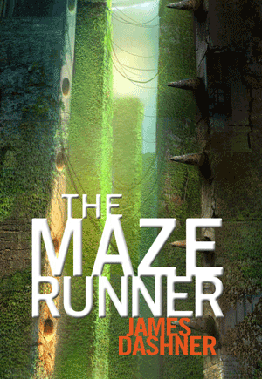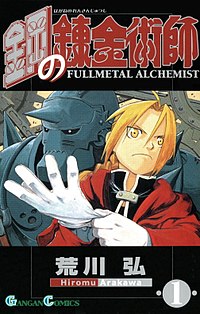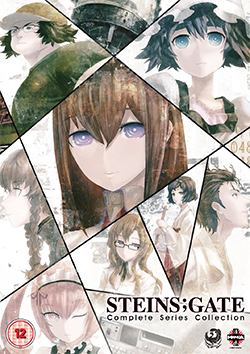Lists

1 Book
Currently Reading
Sort by:
Recent Desc
More lists by Deven



Done Reading
List includes: The Hunger Games, Diary of a Wimpy Kid, The Maze Runner
July 2022
0
@DevensGate



Watched
List includes: Serial Experiments Lain, Fullmetal Alchemist: Brotherhood, Steins;Gate
July 2022
0
@DevensGate



Need to Watch
List includes: Samurai Champloo, Wolf's Rain, Ghost in the Shell: Stand Alone Complex
July 2022
0
@DevensGate

Currently Watching
List includes: Gurren Lagann
July 2022
0
@DevensGate



Need to read
List includes: 20th Century Boys, Vagabond, Vol. 1, Blame!, Vol. 1
July 2022
0
@DevensGate